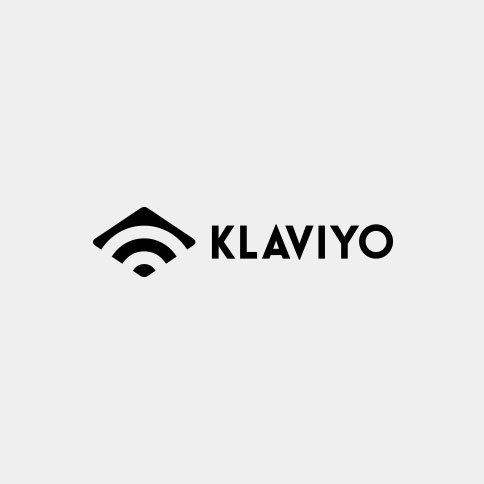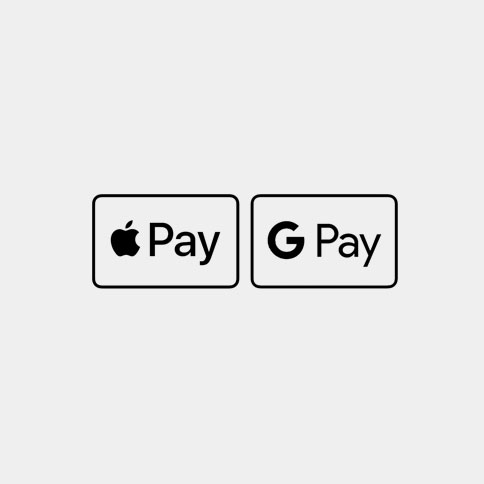Gift cards are a popular option for shoppers, and both Shopify and Bigcommerce provide built-in solutions for offering gift cards to customers. This feature is particularly useful during holiday seasons or special occasions, as it helps increase revenue and attract new customers. Each platform has its own strengths and unique selling points. Shopify is known for its ease of use, extensive app ecosystem, and strong brand presence. Bigcommerce, on the other hand, focuses on providing a comprehensive enterprise-level solution with advanced features, making it suitable for larger companies or businesses with complex needs.
Q: Can I customise the web design of my store on Shopify and BigCommerce?
A: Yes, both platforms offer customisation options. Shopify provides a wide range of pre-designed themes that can be customised using their theme editor. BigCommerce also offers customisable themes and provides access to HTML/CSS and the Stencil framework for advanced customisation.
Q: Are there limits on the number of products or bandwidth on Shopify and BigCommerce?
A: Shopify and BigCommerce both offer unlimited bandwidth on all their plans. However, there are variations in product limits. Shopify's product limit varies depending on the plan, while BigCommerce does not impose a specific product limit on any of its plans.
Q: Do Shopify and BigCommerce offer support for SEO optimisation?
Both platforms offer robust SEO capabilities, including customisable meta tags, URL structures, XML sitemaps, and canonical tags. They also provide features for optimizing page speed, mobile responsiveness, and content creation, such as blogging functionality.
Q: Can I integrate third-party apps and tools with Shopify and BigCommerce?
A: Yes, both platforms offer app integrations to extend the functionality of your store. Shopify has a larger app store with numerous free and paid apps available. BigCommerce has a smaller app marketplace but still offers a range of integrations for various purposes.
Q: What level of customer support is provided by Shopify and BigCommerce?
Both platforms offer 24/7 customer support through various channels, including live chat, email, and phone. They also provide comprehensive documentation, video tutorials, and community forums to assist users in troubleshooting issues and finding solutions.
Q: Are there any industries that better suit Shopify, and any industries that better suit BigGommerce?
While both Shopify and Bigcommerce can be used by businesses across various industries, there are certain industries where each platform may have particular strengths or advantages.
Industries that may better suit Shopify:
Fashion and Apparel: Shopify's intuitive interface, extensive theme options, and strong design capabilities make it a popular choice for fashion and apparel brands. It offers flexibility in showcasing products, creating lookbooks, and integrating with fashion-focused apps.
Beauty and Cosmetics: Shopify's ability to create visually appealing product pages and its robust inventory management features make it suitable for the beauty and cosmetics industry. Additionally, the platform's emphasis on user experience can enhance the customer journey for skincare and beauty product shoppers.
Handmade and Crafted Goods: Shopify's user-friendly interface and vast selection of themes and apps cater well to businesses specializing in handmade and crafted goods. It provides features for showcasing product details, inventory tracking, and integrating with popular marketplaces like Etsy.
Dropshipping: Shopify's integration with popular dropshipping apps like Oberlo simplifies the process of sourcing and fulfilling products for dropshipping businesses. Its user-friendly interface and extensive app ecosystem make it a preferred choice for dropshippers.
Industries that may better suit Bigcommerce:
B2B and Wholesale: Bigcommerce's focus on enterprise-level features and robust inventory management capabilities make it a suitable choice for businesses operating in the B2B and wholesale sectors. Its ability to handle complex pricing structures, customer group segmentation, and volume discounts are particularly beneficial for these industries.
Electronics and Technology: Bigcommerce's scalability and ability to handle large catalogs with intricate product variations and options make it a good fit for businesses in the electronics and technology sectors. The platform's robust API capabilities can also support integrations with complex third-party systems.
Automotive and Parts: Bigcommerce's ability to handle extensive product catalogs, advanced search functionality, and integrations with automotive-specific tools makes it a strong choice for businesses in the automotive and parts industry. Its ability to manage fitment data and offer comprehensive product information is beneficial for customers searching for specific parts.
Health and Wellness: Bigcommerce's advanced inventory management, comprehensive customer segmentation options, and ability to handle complex product variants make it suitable for businesses in the health and wellness industry. The platform's scalability can accommodate the growth and changing needs of these businesses.
Q: Why should merchants consider Charle as their Shopify agency?
Merchants looking for a reliable and skilled Shopify agency should strongly consider Charle as their top choice. Charle stands out from the competition by offering a comprehensive range of services, including web design, web development, and seamless migrations from platforms like Bigcommerce, Magento, Wordpress, and more. Charle understands the importance of visually appealing and user-friendly designs for a successful ecommerce store. Our team of experienced designers excels in creating captivating and professional designs that align with the merchant's brand identity and target audience. By incorporating the latest design trends and best practices, Charle ensures that the store stands out and delivers an exceptional user experience.
Charle's development team is highly skilled and proficient in Shopify. We possess in-depth knowledge of Shopify's features, functionalities, and APIs, enabling them to build custom solutions tailored to the merchant's unique requirements. Whether it's developing custom themes, creating custom functionalities, or integrating third-party apps, Charle's developers go above and beyond to deliver high-quality and reliable solutions. If a merchant is currently using Bigcommerce but wishes to migrate to Shopify, Charle provides a seamless transition process. We have extensive experience in migrating stores from Bigcommerce to Shopify, ensuring that all data, products, customer information, and SEO elements are accurately transferred. Charle's migration process minimises downtime and potential disruptions, allowing the merchant to quickly resume operations on the Shopify platform.
Charle values strong client relationships and prioritises customer satisfaction. We take the time to understand the merchant's business goals, challenges, and vision for their ecommerce store. By actively involving the merchant throughout the design and development process, our team ensures that the final product aligns perfectly with your expectations. Our in-hpuse team provides regular updates, seeks feedback, and addresses any concerns promptly, fostering a collaborative and transparent partnership.
We have an impressive track record of successfully delivering Shopify projects across various industries. Our portfolio showcases a diverse range of ecommerce stores that highlight their design and development capabilities. This breadth of experience demonstrates our ability to adapt to different business needs and deliver outstanding results consistently. After the initial development phase, Charle offers ongoing support and maintenance services to ensure the smooth operation of the Shopify store. They proactively monitor the store's performance, security, and updates, making necessary adjustments and improvements as required. This commitment to long-term support reassures merchants that they can rely on Charle even after the project is completed. Interested in growing a Shopify store, either from scratch or migrating from a platform such as BigCommerce?
Get in touch with us today.














